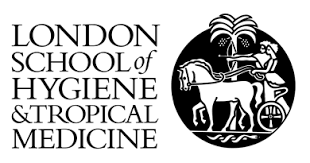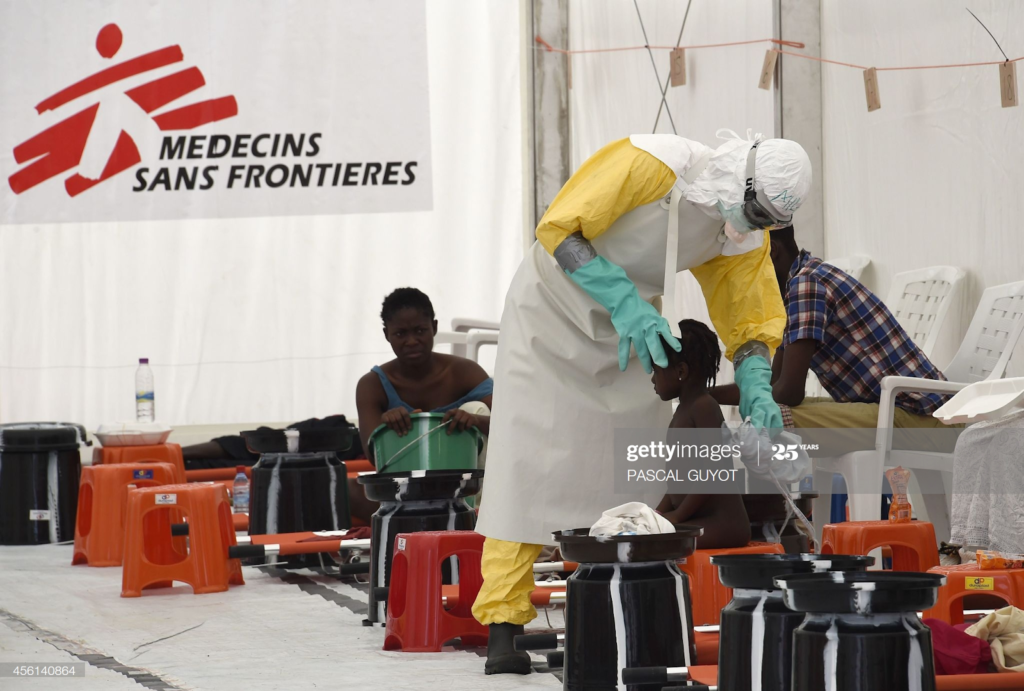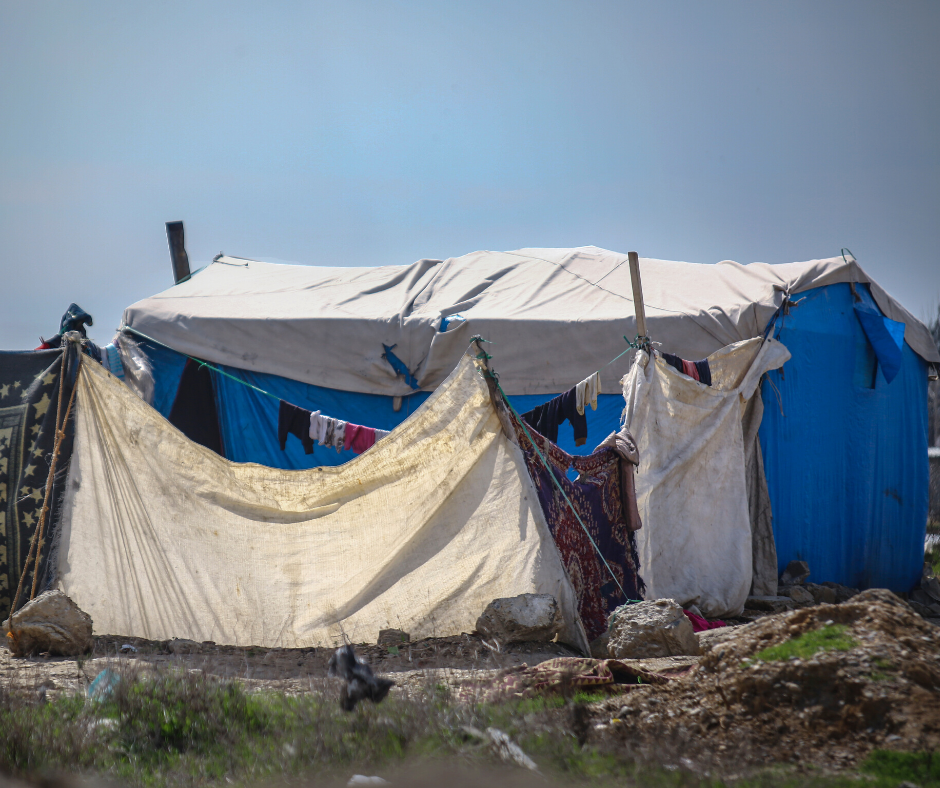Global Health: A simple guide for doctors
An article aiming to simplify the world of Global Health for doctors, from studying Global Health to volunteering and working in the field.

Do you have a passion for advocacy, research, policy or volunteering? Hoping to use your skills to improve health on a large scale? Global health may be the perfect fit for you.
An Introduction to Global Health
A discipline that advances efforts to improve the well-being of people and the planet.
Keith Martin, Executive Director for the Consortium of Universities for Global Health
Throughout recent years humanitarian crises such as the civil war in Syria, the Ebola outbreak in Africa, and most recently the COVID-19 pandemic have captured the world’s attention. These events show the very diverse challenges present in the field of global health. As a discipline, it works towards equity in health for all on an international scale. It therefore often tackles issues beyond any one country and involves navigating the complex global geopolitical landscape. Taking into account greater mobility and globalisation, Global Health has become critically important over the last few years.

Studying Global Health for doctors
Many institutions offer courses in global health. They often cover health-related topics but also diverge into economics, ethics and politics.
You can do these courses as single modules, postgraduate diplomas, and a masters degree. A few are listed below:

University of Oxford: Masters in Global Health Science and Epidemiology
A one year full time course focused on health epidemiology and statistics. A large proportion of graduates take up further PhD studies. Modules include Epidemiology, Health Economics and Maternal and Child Health.
Cost: £10,880 UK/£33,625 Overseas students
LSHTM: Masters in International Health and Tropical Medicine
A one year full time or two year part-time course aimed at clinicians who wish to work in tropical/low and middle income countries. This course therefore also incorporates the Diploma in Tropical Medicine and Hygiene (two qualifications in one!). Aside from the diploma you can undertake any module from the LSHTM portfolio once approved by the programme director. This is a huge range in keeping with the diverse interests at LSHTM, for instance virology, public health and human rights.

Cost: £10,470 UK/£24,000 Overseas students

UCL: Global Child Health Masters
This is the perfect course for busy paediatricians with an interest in global health. Modules range from child mental health to nutrition, growth and activity. It is run by the Great Ormond Street Institute of Child Health. Studying this course would in addition open up the world class research and clinical experience available at Great Ormond Street Hospital.
Cost: £10,450 UK/£25,900 Overseas students
LSE: Masters in Global Health Policy
One year full time/Two years part time course investigating the economic and political aspects of global health. Topics include health politics and health economics.
Cost: £18,656 UK/£26,264 Overseas students

Diploma in tropical medicine and hygiene

This qualification is regarded as necessary to work clinically in lower and middle income countries. You can do this in various places from a 3 month course at LSHTM to a distance learning version from the University of Glasgow. Similarly there is also the chance to study abroad in places such as Peru and Japan. For more information, check out the Medic Footprints guide to the DTM&H.
Online resources can also be great for getting a taste of global health. These can range from distance learning masters such as the LSHTM Global Health Policy Masters to courses offered on online learning websites such as Coursera. In addition, educational institutions such as Harvard University also offer free courses online.
Research opportunities in Global Health
Many degrees have research opportunities built into the curriculum. This can be through formal assessment of research e.g. a placement abroad, or offering informal opportunities to become involved in research.
There are formal opportunities to become involved in research including the Improving Global Health Fellowships and the Imperial Global Health Clinical Research Training Fellowships. These provide an extended period of time to pursue funded research into global health topics. Examples include improving hygiene and sanitation in Cambodia and investigating maternal and child nutrition in Cape Town, South Africa.
Working within the NHS also offers opportunities through international links, such as the Northumbria Healthcare NHS foundation trust and Manchester University foundation trust. This is a way for clinicians to share research and expertise throughout the world e.g. incorporating infant hip dislocation screening programmes in India.

Working in Global Health
Global health is a vast space to work in. The definition of global health is constantly under debate. The variety of roles required to improve the wellbeing of people is enormous. The work being done ranges from local to international. This breadth and depth means that there are many ways to become involved.

Volunteering

As a healthcare professional your skills will be in high demand in any volunteering role. Working for global groups such as Medecins Sans Frontieres (MSF) would allow you to see how global health works on the ground as well as the planning behind such efforts. These are therefore long term placements, up to 9 months. In addition it also allows for transition into careers involving the coordination of these efforts.
Shorter term placements further abroad are also available. TWOWEEKS offers placements in South Africa for clinicians, and offers a wide variety of experiences.
UK-Med co-ordinates immediate responses to health emergencies . This team of volunteers can be deployed within 24 hours to areas of acute need, for instance disease outbreaks, natural disasters or conflict zones. Volunteers therefore need to complete a application process for the role as well as a rigorous training programme.
For experiences closer to the UK volunteering organisations such as MARDi offer an on-the-ground perspective of basic first-aid and medical triage in urban refugee camps in Paris. Similarly Medical Volunteers E.V operate in Greece, and offer clinical experience in refugee healthcare in Thessaloniki and Athens.

For those with stronger sea legs, working on a ship to rescue refugees in distress may be your calling. Seawatch 3 offers minimum 3 week volunteering opportunities in search and rescue missions, and previous experience at sea is desirable.
A further list of opportunities is listed within the Medic Footprints article on volunteering abroad.
It is important to note that for all these opportunities a high level of previous clinical experience is important in terms of providing care. Some of these opportunities (e.g. MSF) require previous formal experience in working in lower and middle income countries.

Working in global health policy, research and advocacy
This is for those more interested in working within established structures to enact changes in healthcare delivery and protocol. A job within this area may have you studying specific healthcare issues and working with public and private sectors to implement changes. There are four main areas to work:
- Think Tanks: These are research institutes that study how policy changes will affect populations. They are often non-governmental organisations but may be associated with particular political parties. An example of a think tank involved in global health is Chatham House. Ongoing projects include universal health coverage, and improving public health data sharing.
- Government: Most governments will have departments involved in shaping that country’s global health efforts. In the UK the Department for International Development (DFID) works to reduce global poverty through improving determinants of health. They recently hosted the 2020 Global Vaccine summit.
- Non-governmental organisations: These organisations work in the public sector to promote a specific aspect of global health. The Global Fund is an example, and specifically targets eradication of AIDs, Malaria and Tuberculosis.
- Public-private partnerships: This model uses public sector funding and direction combined with private sector ability to research and innovate. Drug development has been a success story using this model. Examples include the Drugs for Neglected Diseases Initiative. Their aim is to bring together pharma and the international research committee to fund medicines for neglected diseases.
Finding a job in global health

Jobs in global health are often advertised informally, and being involved with the global health community is often the best way to hear about specific roles. It follows that volunteering can lead to further openings within that organisation, such as in MSF. In addition organisations have vacancy pages which are worth searching.
Keep an eye out for opportunities on websites such as Global Health Jobs, as well as the recruitment pages of specific organisations such as the WHO, or the United Nations.
If you want to work to improve the health of populations, and have a skill which you believe would further that cause then the way forward is to identify an opportunity to get involved and build connections from there. Watch out for future Medic Footprints Q&As and case studies for inspiration, and good luck!
Srinivasa Rambhatla
Latest posts by Srinivasa Rambhatla (see all)
- How to combine medicine and music: An interview with Dr Theo Davis - 16th November 2020
- Global Health: A simple guide for doctors - 28th July 2020



